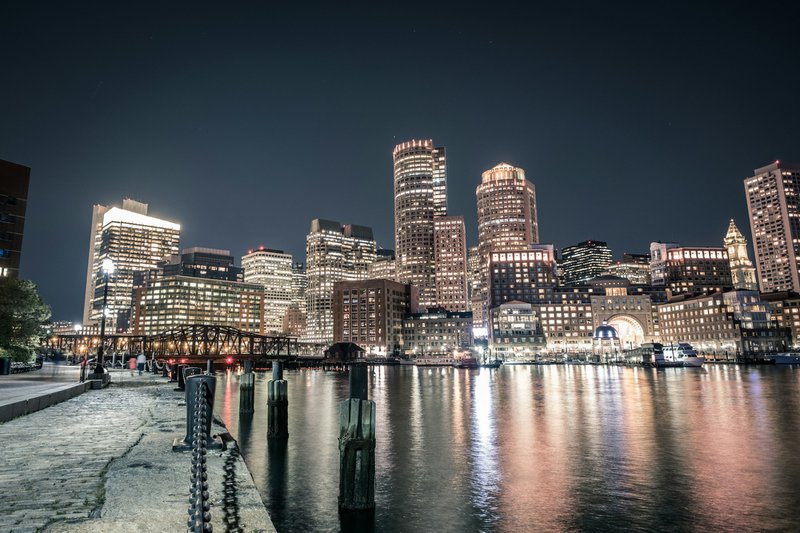- Explore the rich historical tapestry of Boston's neighborhoods.
- Learn about the unique characteristics and historical significance of each area.
- Understand how these neighborhoods contribute to Boston's overall historical narrative.

Beacon Hill: A Step Back in Time
- Cobblestone streets and Federal-style rowhouses reflect 19th-century architecture.
- Famous for its role in the abolitionist movement and Underground Railroad.
- Home to historic landmarks like the Massachusetts State House.
The North End: Little Italy with a Revolutionary Past
- Known for its Italian-American heritage and vibrant culinary scene.
- Birthplace of Paul Revere, with sites like the Old North Church playing pivotal roles in American history.
- Hosts annual feasts and festivals that celebrate both its Italian roots and revolutionary history.
Charlestown: From Colonial Settlement to Naval Powerhouse
- Site of the famous Battle of Bunker Hill during the American Revolution.
- Home to the USS Constitution, America's oldest commissioned warship still afloat.
- Offers a blend of colonial-era homes and modern developments.
South End: Cultural Diversity Meets Victorian Charm
- Renowned for its Victorian brownstones and tree-lined streets.
- Historically a melting pot of different ethnic communities, contributing to its cultural richness.
- Features numerous parks, art galleries, and trendy restaurants.
Back Bay: Elegance with Historical Layers
- Developed on reclaimed land from the Charles River Basin in the 19th century.
- Showcases architectural marvels like Trinity Church and Boston Public Library.
- Known for upscale shopping on Newbury Street and scenic views along Commonwealth Avenue Mall.
Dorchester: A Mosaic of Histories
- One of Boston’s largest neighborhoods with deep colonial roots dating back to 1630.
- Reflects diverse immigrant influences over centuries, from Irish to Vietnamese communities.
- Houses significant sites such as John F. Kennedy Presidential Library & Museum.
Roxbury: Heartbeat of Black Culture and Activism
- Originally one of Boston’s first towns, now a center for African-American culture.
- Historic landmarks include First Church in Roxbury, dating back to 1631.
- Active community engagement through cultural institutions like the National Center for Afro-American Artists.
Conclusion
- Each neighborhood in Boston offers a distinct glimpse into different facets of American history.
- These areas collectively enrich our understanding of Boston's role in shaping national narratives.
- Exploring these neighborhoods provides an immersive way to experience history firsthand.
by
Tags:
This site is registered on wpml.org as a development site. Switch to a production site key to remove this banner.